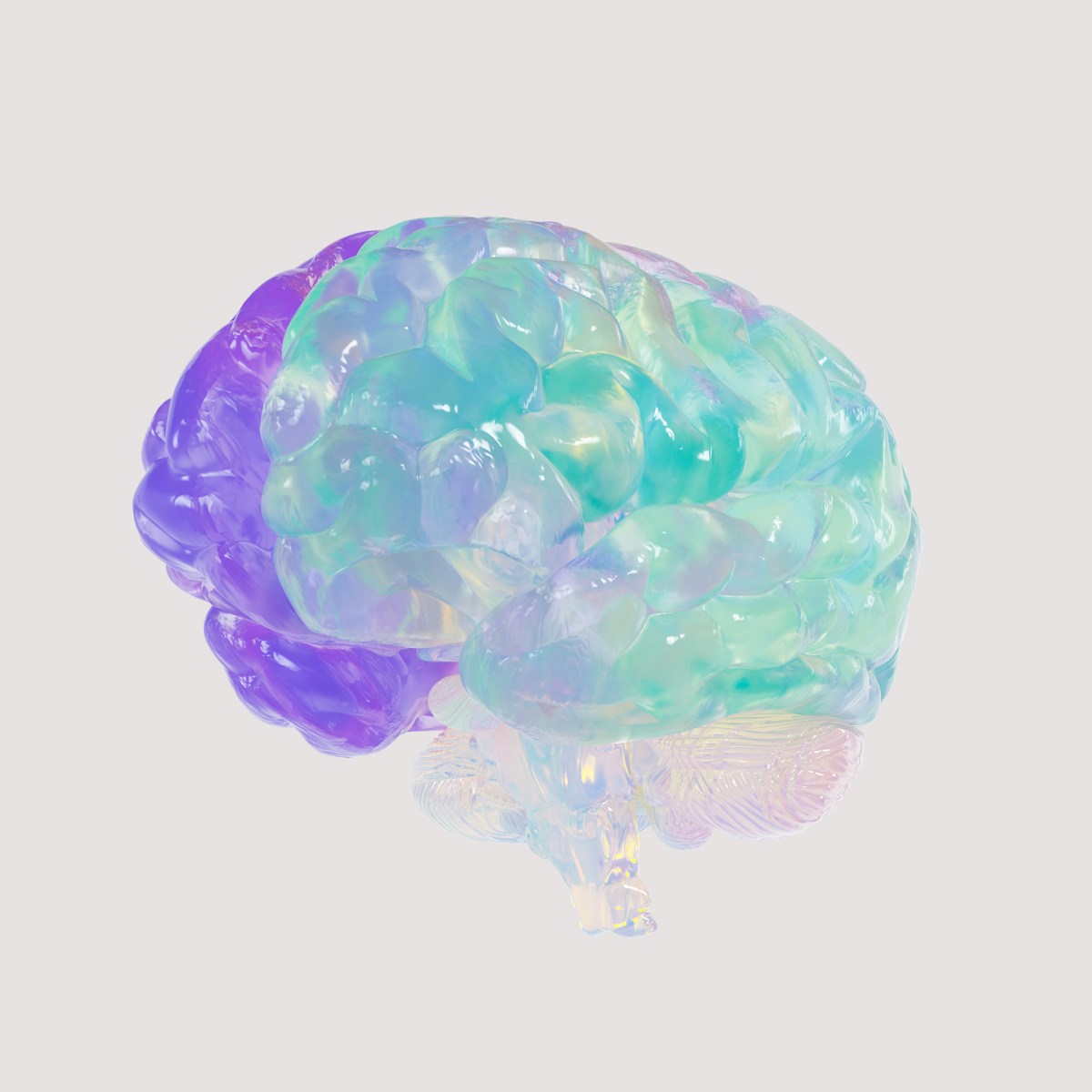Studying concepts, researching, collecting data, and being expected to create a new tool or idea can cause immense pressure on a student.
High standards, fierce competition, and a relentless pursuit of academic success can all contribute to academic pressure, which can seriously negatively impact students’ mental health. Many individuals may contribute to this pressure, including parents, lecturers, tutors, peers, and societal expectations. These demands can lead to stress, anxiety, sadness, and even exhaustion among students. It can cause physical symptoms such as headaches and insomnia, as well as lowering general well-being.
It is evident that many unhealthy coping mechanisms, such as substance abuse, procrastination, or self-imposed isolation, can cause mental health issues during our academic years. The stress of reaching deadlines, rewriting, editing papers to the point of losing interest in the subject or the study at hand, and dealing with the institution’s bureaucracy strain students’ enthusiasm for higher learning.
The problem of life and study balance is one of the most stressful experiences one must face; call it a form of growing pain if you could, and at the very least, all individuals are proud of the accomplishment of reaching the end of the tunnel.
Kreyenbühl’s functioning is maximized when roles are balanced. It may cause one to overlook their needs when moving to more advanced courses. Due to the hectic nature of modern life, finding a work-study-life balance is difficult. It can be exhausting to juggle employment, school, family, and personal obligations.
Avoiding the stress of academics is almost unavoidable, and some eventually drop out for various reasons. The road in academia is not intended for everyone, and the absence of birthdays, funerals, holidays, and anniversaries and the isolation from society can negatively affect the students, which results in dropping out or failing.
People now seek academics more for job-ready skills to assuage their economic anxieties. People only read journalism if it’s accessible or more engaging than Netflix content. There is too much to read and see, and most of it is considerably more interesting than anything a journalist or academic could write. This is even more difficult due to the constant decrease in resources in academia and media, primarily due to the rapidly reducing funding in public universities.
Addressing one’s stress, psychologists have designed a way to solve emotional fatigue by finding out one’s personality type, what triggers them, and what makes students distracted, and finding a way to relieve stress through tools that match their personality type. Other beneficial approaches include managing your time well, asking for help from peers or mentors, and engaging in mindfulness or other forms of relaxation.
- Establishing a Supportive Environment: Institutions can assist students in addressing their mental health issues in a safe environment without worrying about being judged. This entails encouraging candid dialogue and reducing the stigma associated with mental illness.
- Establishing Stress Management Programs: Educational institutions can implement stress management programs that instruct students in time management techniques, productive coping mechanisms, and maintaining a healthy balance between study and personal life. Mindfulness sessions, counseling, and resilience training are a few examples of these programs.
- Reevaluating Grading and Assessment Procedures: To ensure they are equitable and practical, universities should evaluate their grading and assessment procedures. This could involve shifting the focus of education from just outcomes to the learning experience itself.
- Supportive Lecturers and Staff: Educators and college personnel can receive training to recognize symptoms of academic stress and offer suitable assistance. Developing a good rapport between tutors and students can also significantly impact how mentally healthy students are.
- Developing a Growth Mindset: Institutions can help students develop a growth mindset by guiding them to see obstacles as chances for growth and learning rather than as dangers to their intrinsic value.
- Parent Involvement: Universities can interact with students to inform them of possible drawbacks of undue academic pressure and promote a well-rounded education.
There is an urgent need for educational institutions, parents, and society at large to pay attention to the adverse effects that academic pressure has on students’ mental health. Through the establishment of a comprehensive, well-rounded, and encouraging learning atmosphere, educational institutions can enhance students’ ability to manage academic stress, protect their mental health, and break bureaucratic barriers to allow free thinking and creative ways to contribute to knowledge dissemination.









